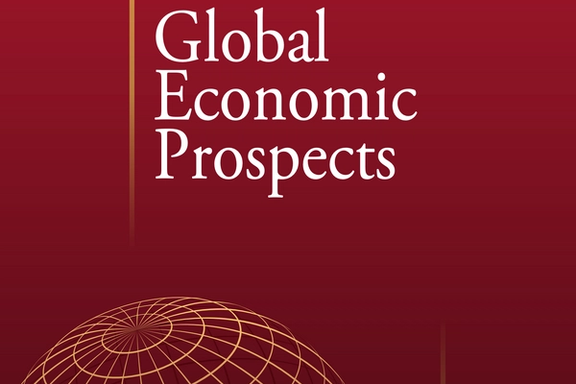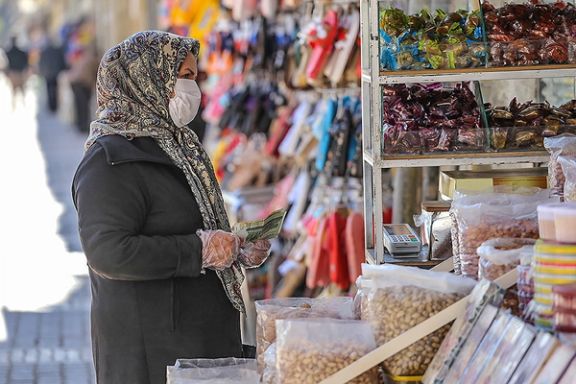World Bank Predicts Slower Growth For Iran’s Economy

The World Bank has predicted that the Islamic Republic’s GDP growth will fall below two percent in 2024, teetering on the brink of recession as rial is falling and inflation raging.

The World Bank has predicted that the Islamic Republic’s GDP growth will fall below two percent in 2024, teetering on the brink of recession as rial is falling and inflation raging.
In its latest Global Economic Prospects report released on Tuesday, the World Bank also said that global growth is slowing sharply in the face of elevated inflation, higher interest rates, reduced investment, and disruptions caused by Russia’s invasion of Ukraine.
It said it expected global GDP growth of 1.7% in 2023, one of the slowest paces since 1993 except for the 2009 and 2020 recessions. In its previous Global Economic Prospects report in June 2022, the bank had forecast 2023 global growth at 3.0%. The global economy is projected to grow by 2.7% in 2024.
The outlook for Iran’s GDP is reported as 2.9% in 2022, but it will decrease to 2.2% in 2023, and 1.9% in 2024. The figures pertaining to Iran seem too optimistic given the current 50-percent annual inflation rate and a currency that has dropped by 30 percent just since September.
For example, unlike Iran, most of the countries in the category of Emerging Market and Developing Economies, including Brazil, Mexico, Argentina, Saudi Arabia, India, Pakistan and South Africa, reported negative GDPs in 2020, posing a question about the validity of the figures about Iran, whose currency has fallen more than 10-fold since 2018 and tens of million of middle-class citizens are now considered poor.

The outlook for 2024 for Saudi Arabia, whose consumer prices rose by 2.9 percent on a year-on year basis in November, is projected to be 2.3 percent, while Iran with 40-50-percent inflation in the past 24 months and food inflation recorded at above 70 percent in 12 provinces, is projected to have a 1.9-percent GDP growth. The answer most likely lies in lack of transparency and probably data fabrication by the regime’s authorities.
In recent years, the Islamic Republic has officially stopped providing raw data to the public. Every now and then, officials announce some figures that often do not add up with the available facts or contradict each other. Moreover, the country is so isolated in the international community that the World Bank has to primarily rely on government data for its estimates.
Iran’s government having lost most of its vital oil income due to US sanctions has resorted to printing money, with liquidity and the money supply increasing exponentially, which in turn pushes inflation higher and the national currency’s exchange rate lower. Even pro-government Iranian politicians and lawmakers say that the economic situation is dire and no growth is expected.
According to the World Bank, the bleak outlook will be especially hard on emerging markets and developing economies as they struggle with heavy debt burdens, weak currencies and income growth, and slowing business investment that is now forecast at a 3.5% annual growth rate over the next two years -- less than half the pace of the past two decades.
World Bank Group President David Malpass said, “The crisis facing development is intensifying as the global growth outlook deteriorates,” adding “Emerging and developing countries are facing a multi-year period of slow growth driven by heavy debt burdens and weak investment as global capital is absorbed by advanced economies faced with extremely high government debt levels and rising interest rates.”
"Given fragile economic conditions, any new adverse development -- such as higher-than-expected inflation, abrupt rises in interest rates to contain it, a resurgence of the COVID-19 pandemic or escalating geopolitical tensions -- could push the global economy into recession," the bank said in a statement accompanying the report.